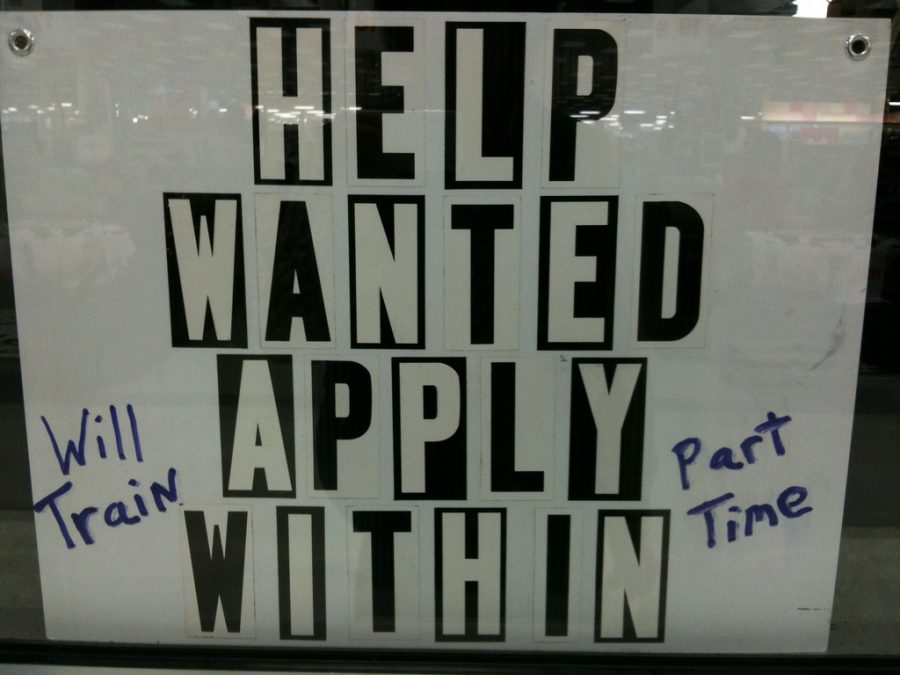There are many high school students that have part-time jobs. Some parents believe that having a job while you’re in high school is a good thing, while others believe that their child should wait until they graduate.
I’ve been working since I was 15 years old. I first started working at Colonia Pharmacy for two years until recently. As of now, I work at Duck Donuts, which just opened up in Clark. I feel that it teaches the teenager responsibility, respect, and management skills. Respect is from working with others such as coworkers and customers. Responsibility meaning showing up for work on time and doing what you’re supposed to do. Management skills comes from juggling school work, extracurricular activities and work.
According to Concordia University, “as long as the job is safe, legal, and leaves ample time for academics, working during high school can benefit students, parents, and the surrounding community. Students learn skills and responsibility by working. They remove some financial burden from their parents by earning their own money, and serve the people of their communities. And as their teacher, you may see their new skills and desire to work harder in your class.”
On the other side, teachers complain that hours spent at a job leaves many students tired in class. It also limits students’ time to complete assignments. According to an article published in the US National Library of Medicine by Professor Jeylan T. Mortimer, Ph.D., “some developmental psychologists echo these concerns and warn that employment may cut short, or even deny, youth an essential adolescent moratorium, a stage of life free from adult-like pursuits, stressors, and responsibilities.” Teens will be working for basically the rest of their lives, so shouldn’t they have some time to be a kid?
According to Senior Editor of U.S. News’s Personal Finance Section, Susannah Snider, another con of teens working is that making too much money can affect the financial aid of college bound students. “A hefty student income or fat savings account can reduce a teen’s eligibility for college aid by increasing expected family contribution, or EFC. For the aid received in the 2017-18 school year, students can earn up to $6,420 without it counting against their financial aid, but earnings beyond that are assessed as contribution at a 50 percent rate.
Despite the risks of working, I feel the benefits are greater. Gaining professional experience, learning financial responsibility, understanding accountability and building a resume are valuable lessons teens should be privy too. Finding the balance between work and play is the key. Students should still find time for clubs and activities. Limiting the hours they work will allow them to accommodate for some time for fun, school work and sleep.
Most students will need to work throughout college. The amount of school work will be a lot more in college. Learning time management in high school can aid in balancing college, work and internships later on in life. These are life lessons that they can carry on with them into adulthood.













